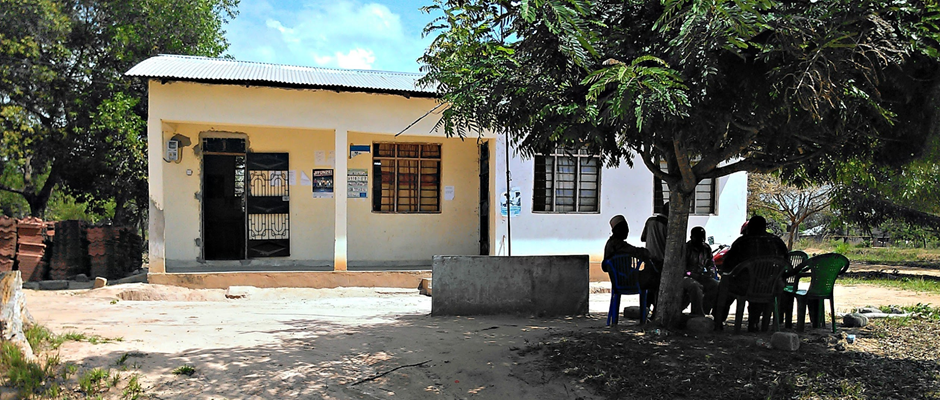
The mission of the Local Public Sector Initiative is to advance the global development community’s understanding of the role of the local public sector in achieving inclusive and sustainable development. In line with this mission, LPSI is pleased to issue its second working paper, presenting A Comparative Overview of Local Governance Systems in Selected Countries (PDF; 1.7 MB).
The effective and equitable delivery of primary education, basic local health services, and similar public services are critical to achieving national policy priorities and global development objectives. At the same time, the delivery of these public services is fundamentally local in nature. As a result, an effective local governance system is indispensable to the localization of public services and to the achievement of sustainable development goals.
Furthermore, an effective and inclusive local governance system provides one of the most important avenues for people—including the poor, women and minorities—to participate in the development of their communities and to influence the public sector’s decisions that are directly relevant to their lives.
This working paper, prepared by Jamie Boex and Renata Simatupang, presents a comparative analysis of local government systems in six countries, including Cambodia (a sectorally deconcentrated system); Mozambique (a territorially deconcentrated system); Kerala, India (a mixed system, where recurrent services are delivered in a deconcentrated manner, while infrastructure development responsibilities are devolved to local governments); the Philippines (a devolved system, with some elements of deconcentration); as well as Tanzania and Indonesia (examples of devolved systems).
The comparative analysis is guided by the Local Governance Institutions Comparative Assessment (LoGICA) Framework developed by Boex and Yilmaz (2015), which provides a comparative assessment of the five main dimensions of a local governance system, including an analysis of (a) the effectiveness of the subnational governance structure and assignment of functions to the local level; (b) dynamic and responsive local political systems and leadership; (c) local control over administration and service delivery; (d) local fiscal autonomy and local financial management and (e) local participation and accountability mechanisms.
As the first rigorous application of the LoGICA framework, the study accomplishes a number of objectives. First, the study presents a structured description of the local governance institutions in each of the six countries being reviewed. Second, the local governance systems in these countries are captured as part of the LoGICA Score Card, which provides an objective, comprehensive, comparative, decomposable and granular assessment of the local governance institutions in each country. Third, the comparative methodology allows us to consider whether there are any clear patterns in the local governance systems being analyzed. In particular, the comparative analysis can help us answer the question whether decentralization tends to take place in a balanced manner (with progress on decentralization taking place in all different dimensions at the same time), or whether local governance systems tend to evolve in an imbalanced manner, with some aspects of the local governance system being more decentralized as others.


